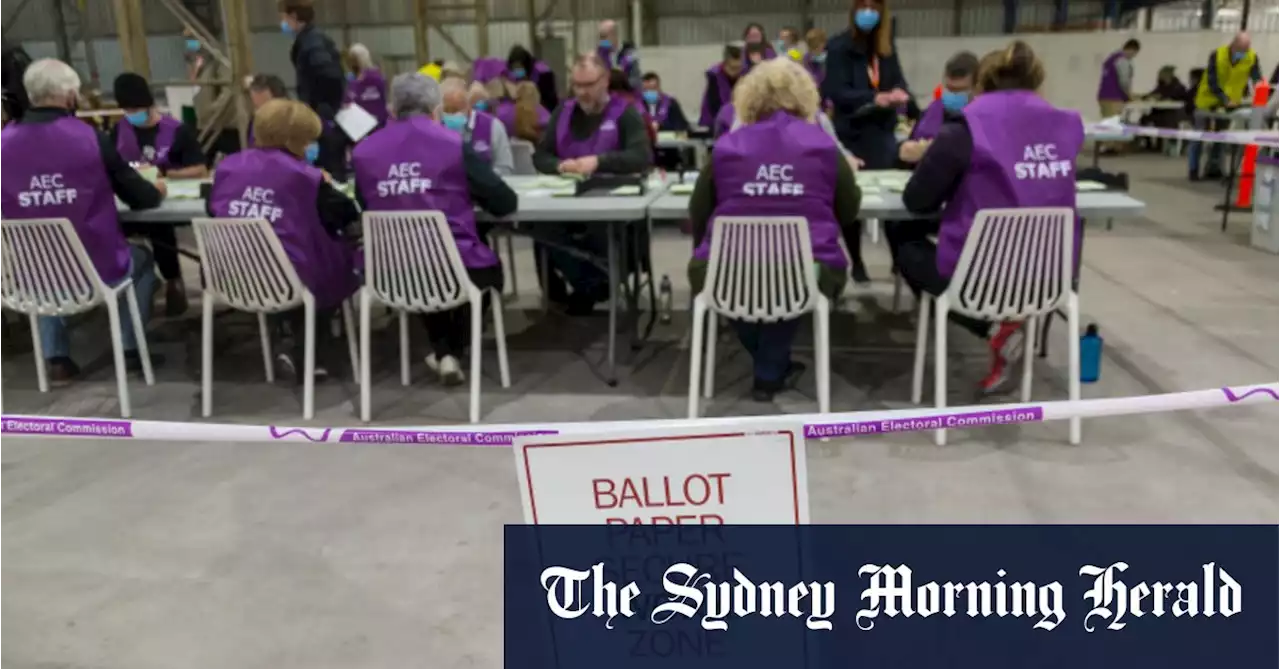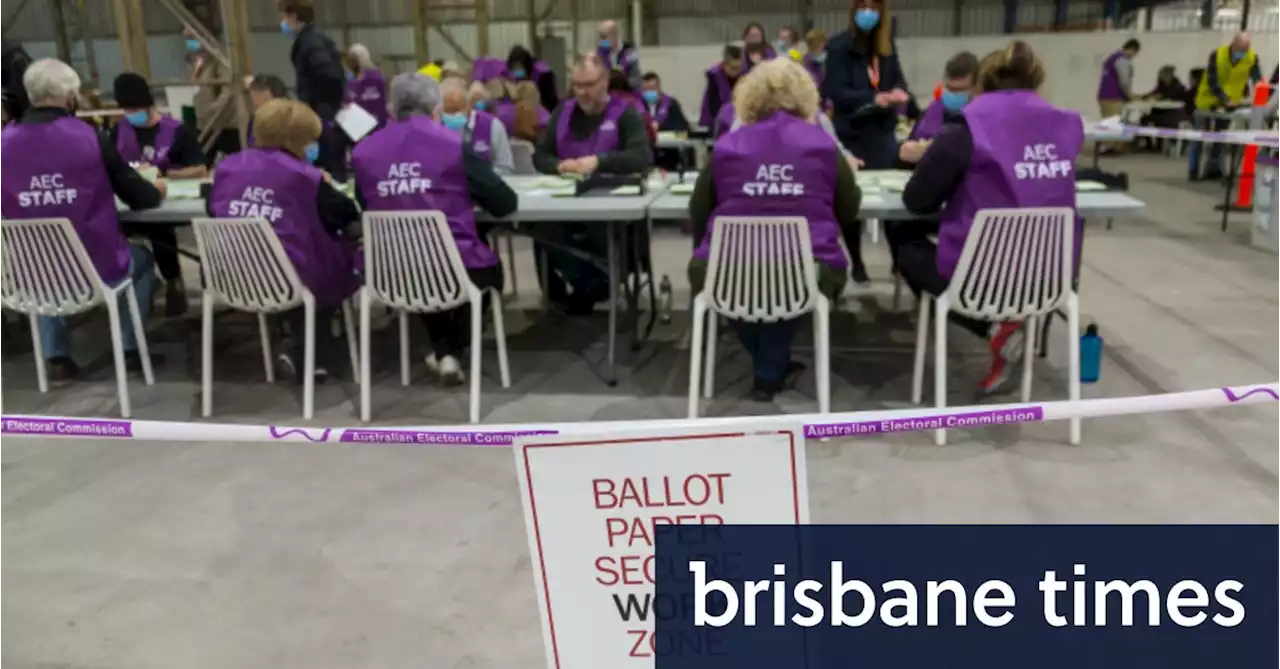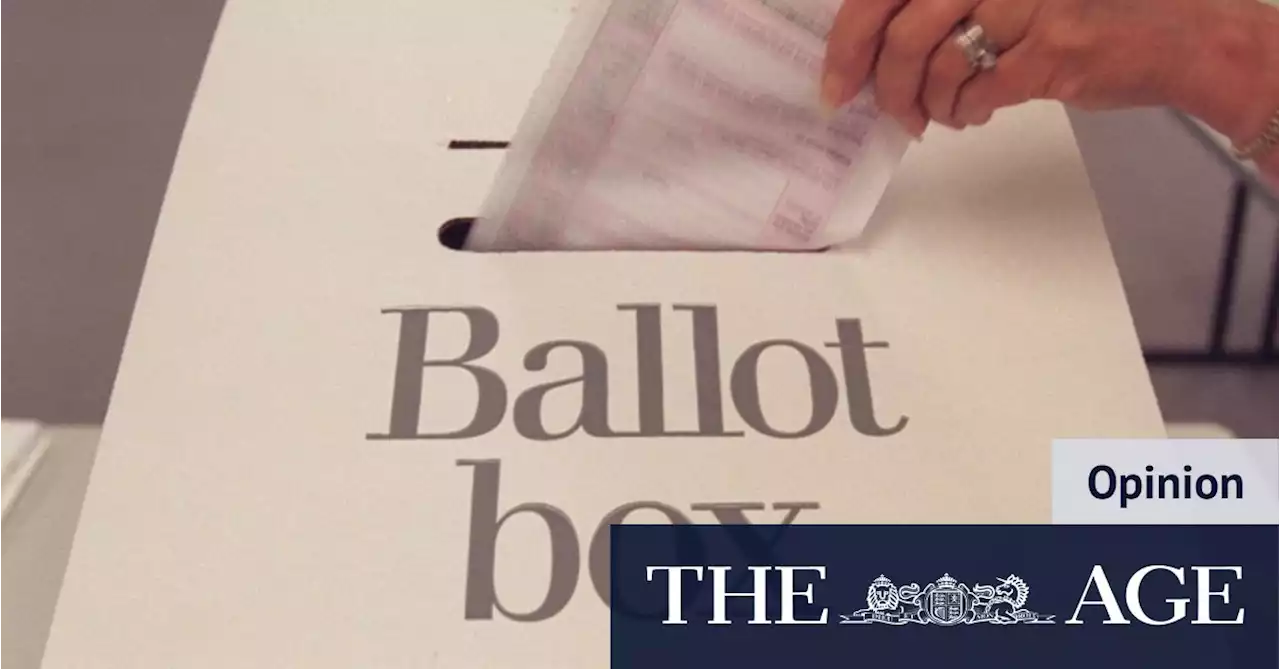The stereotype is that the Liberals are the party of the bosses, while Labor with its union links is the party of the workers... But what if this conventional setup was changing before our eyes? OPINION from Ross Gittins
Here’s a funny thing to think about on a holiday Monday: what if all the well-educated people voted Labor and the lowly-educated voted Liberal or National? How would that change our politics? A preposterous notion? Not as much as you may think.
The better-situated, better-off suburbs in any city tend to vote Liberal, while the inner and outer, less-desirable suburbs vote Labor. Most people living in country areas and voting for the Nationals tend to be on modest incomes, similar to the stereotypical Labor voter. “Rich, educated professionals swung 11 to 12 per cent against the Coalition, while the country’s working poor - the fifth of polling booths paying the lowest rent, earning the lowest incomes and with the least skills - swung only 3 to 4 per cent against it.”
The trend from the 2019 federal election, where the Coalition’s support base has shifted towards poorer, less-skilled, less-educated people born in Australia, has continued.Metcalfe finds that “we’re seeing a continuation of the trend in the [2019] federal election, where the Coalition’s support base is shifting towards poorer, less-skilled, less-educated people born in Australia”.
Unsurprisingly, income and education are highly correlated. But Metcalfe says it’s education, not income, that’s doing the driving. But it still gets down to education and the way ever-rising levels of educational attainment - particularly among women – are remodelling the party-political landscape.
Australia Latest News, Australia Headlines
Similar News:You can also read news stories similar to this one that we have collected from other news sources.
 Ethnic voters are leaving Labor, but not for the Liberal PartyAcross Melbourne at booths in areas with large ethnic communities, there were swings against Labor, especially in the south-east but also the outer north and west. What might this mean at November’s state election? | OPINION by Roshena Campbell
Ethnic voters are leaving Labor, but not for the Liberal PartyAcross Melbourne at booths in areas with large ethnic communities, there were swings against Labor, especially in the south-east but also the outer north and west. What might this mean at November’s state election? | OPINION by Roshena Campbell
Read more »
 Phone voters stuck at home with COVID-19 were more likely to back LaborThe more than 75,000 Australians who voted via telephone because they were in isolation with COVID-19 were far more likely to back Labor candidates or Greens and independents than the broader electorate
Phone voters stuck at home with COVID-19 were more likely to back LaborThe more than 75,000 Australians who voted via telephone because they were in isolation with COVID-19 were far more likely to back Labor candidates or Greens and independents than the broader electorate
Read more »
 Phone voters stuck at home with COVID-19 were more likely to back LaborThe more than 75,000 Australians who voted via telephone because they were in isolation with COVID-19 were far more likely to back Labor candidates or Greens and independents than the broader electorate
Phone voters stuck at home with COVID-19 were more likely to back LaborThe more than 75,000 Australians who voted via telephone because they were in isolation with COVID-19 were far more likely to back Labor candidates or Greens and independents than the broader electorate
Read more »
 Phone voters stuck at home with COVID-19 were more likely to back LaborPeople who had to phone in their votes because they were in insolation with COVID-19 were more left-leaning than their wider electorate in all but eight seats.
Phone voters stuck at home with COVID-19 were more likely to back LaborPeople who had to phone in their votes because they were in insolation with COVID-19 were more left-leaning than their wider electorate in all but eight seats.
Read more »
 ‘Education’ is why federal voting patterns are changingEducation levels, particularly among women, and not income, are a key reason why voters have shifted away from the federal Liberal party towards independents and Labor.
‘Education’ is why federal voting patterns are changingEducation levels, particularly among women, and not income, are a key reason why voters have shifted away from the federal Liberal party towards independents and Labor.
Read more »
